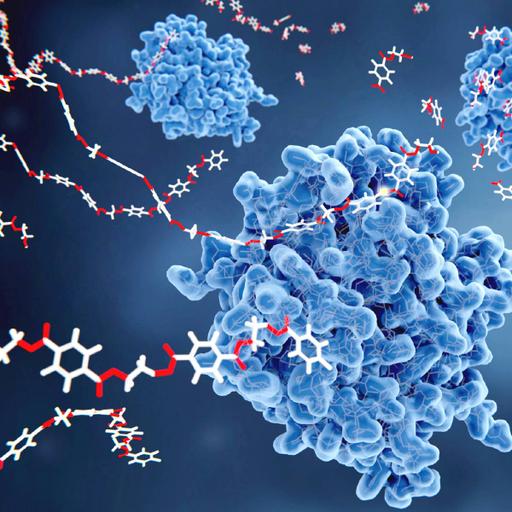Enzyme Immobilization
Presentations | English
Elaborate on Enzyme Immobilization. Well, an Immobilized enzyme is an enzyme attached to an inert, insoluble material—such as calcium alginate (produced by reacting a mixture of sodium alginate solution and enzyme solution with calcium chloride). This can provide increased resistance to changes in conditions such as pH or temperature. Enzyme immobilization can be defined as the confinement of enzyme molecules onto/within a support/matrix physically or chemically or both, in such a way that it retains its full activity or most of its activity. Immobilization allows one to re-use the enzyme for an extended period and enables easier separation of the catalyst from the product. Additionally, immobilization improves many properties of enzymes such as performance in organic solvents, pH tolerance, heat stability, or functional stability. Traditionally, four methods are used for enzyme immobilization, namely non-covalent adsorption and deposition, physical entrapment, covalent attachment, and bio-conjugation.

6.25
Lumens
PPTX (25 Slides)
Enzyme Immobilization
Presentations | English
